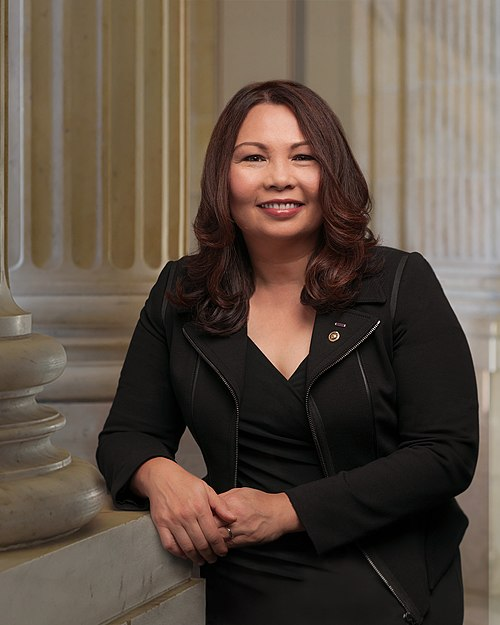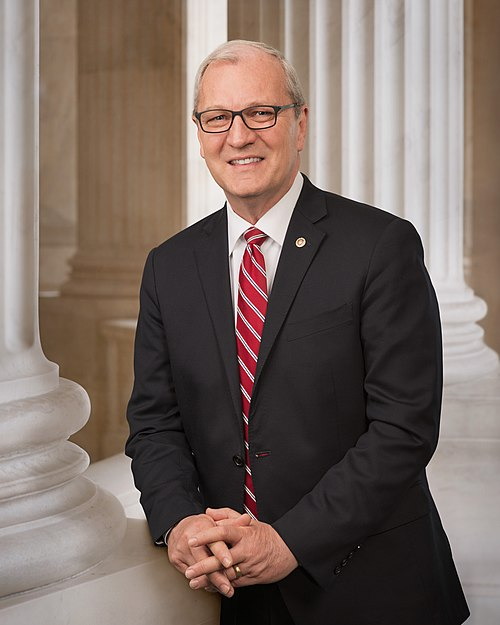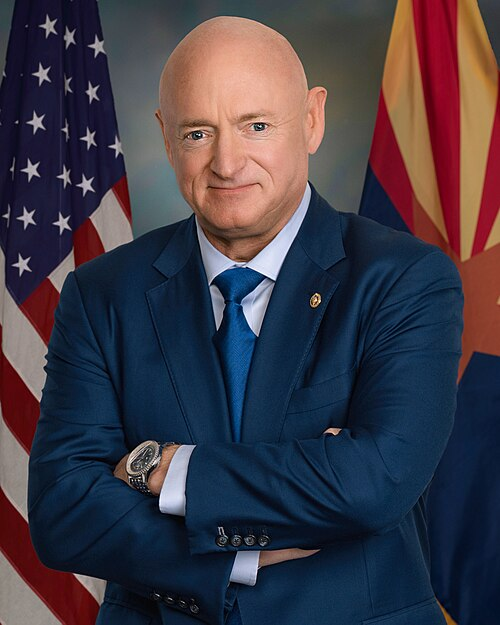S. 1815: End Diaper Need Act of 2025
The "End Diaper Need Act of 2025" is a legislative proposal aimed at providing targeted funding to assist families in need with the purchase of diapers and incontinence supplies through an increase in the Social Services Block Grant (SSBG) program. Here's a summary of the key points of the bill:
Funding Allocation
The bill proposes to allocate an increase in funds, specifically $1.9 billion annually for fiscal years 2026 through 2029, to assist states in addressing diaper need for families with infants, toddlers, and adults who require incontinence materials. Each state receiving these funds is required to distribute the money according to specific guidelines aimed at helping low-income families.
Specific Programs and Services
The legislation mandates that the additional funds are primarily used to:
- Distribute free diapers and incontinence supplies to eligible families.
- Improve access to these necessary items.
- Provide outreach and education programs to increase participation in distribution initiatives.
- Support community initiatives that enhance the ability of families to obtain these supplies.
Eligible Recipients
Assistance through this program is intended for:
- Low-income families with children under the age of four.
- Families with medically complex children who require specific medical supplies.
- Adults with disabilities or certain medical conditions necessitating the use of incontinence supplies.
Program Administration and Oversight
The bill includes provisions for the following:
- States can allocate up to 5% of the federal funds for administrative costs related to organizing the distribution programs.
- A national nonprofit entity will be established to help manage and provide technical assistance for the implementation of these programs.
- States must report annually on the distribution and use of funds, detailing how many families were assisted and the supplies distributed.
- Evaluations to assess the impact of the program on health and developmental risks associated with unmet diaper needs will be conducted within specified timelines.
Inclusion of Diapers as Medical Expenses
The bill also amends the Internal Revenue Code to allow medically necessary diapers and associated supplies to be treated as qualified medical expenses. This means individuals can use health savings accounts, flexible spending accounts, and similar funds to cover these costs.
Program Exemption from Budget Cuts
To ensure that these funds are protected, the bill states that the funding for this initiative will not be subject to budget sequestration, allowing uninterrupted support for the diaper assistance programs.
Definitions and Terms
Key definitions outlined in the bill include:
- Diaper: An absorbent garment for infants or toddlers, which can be disposable or washable.
- Medically Necessary Diaper: A diaper needed due to specific medical conditions.
- Eligible Entity: Includes state or local governments, nonprofit organizations, and diaper banks with experience in distributing basic necessities.
Evaluation and Guidance
The Secretary of Health and Human Services is required to issue guidance concerning the implementation of the funds and will oversee evaluations of the program's effectiveness two years after its initiation, ensuring that legislative goals are met and funds are effectively utilized.
Relevant Companies
- Huggies (HUGS) - Impacted by increased demand for diapers as funding goes to low-income families needing assistance with diaper supplies.
- Pampers (PAMP) - Similar to Huggies, Pampers could see increased sales as a result of government assistance helping families afford diapers.
This is an AI-generated summary of the bill text. There may be mistakes.
Sponsors
3 bill sponsors
Actions
2 actions
| Date | Action |
|---|---|
| May. 20, 2025 | Introduced in Senate |
| May. 20, 2025 | Read twice and referred to the Committee on Finance. |
Corporate Lobbying
0 companies lobbying
None found.
* Note that there can be significant delays in lobbying disclosures, and our data may be incomplete.
Potentially Relevant Congressional Stock Trades
No relevant congressional stock trades found.


